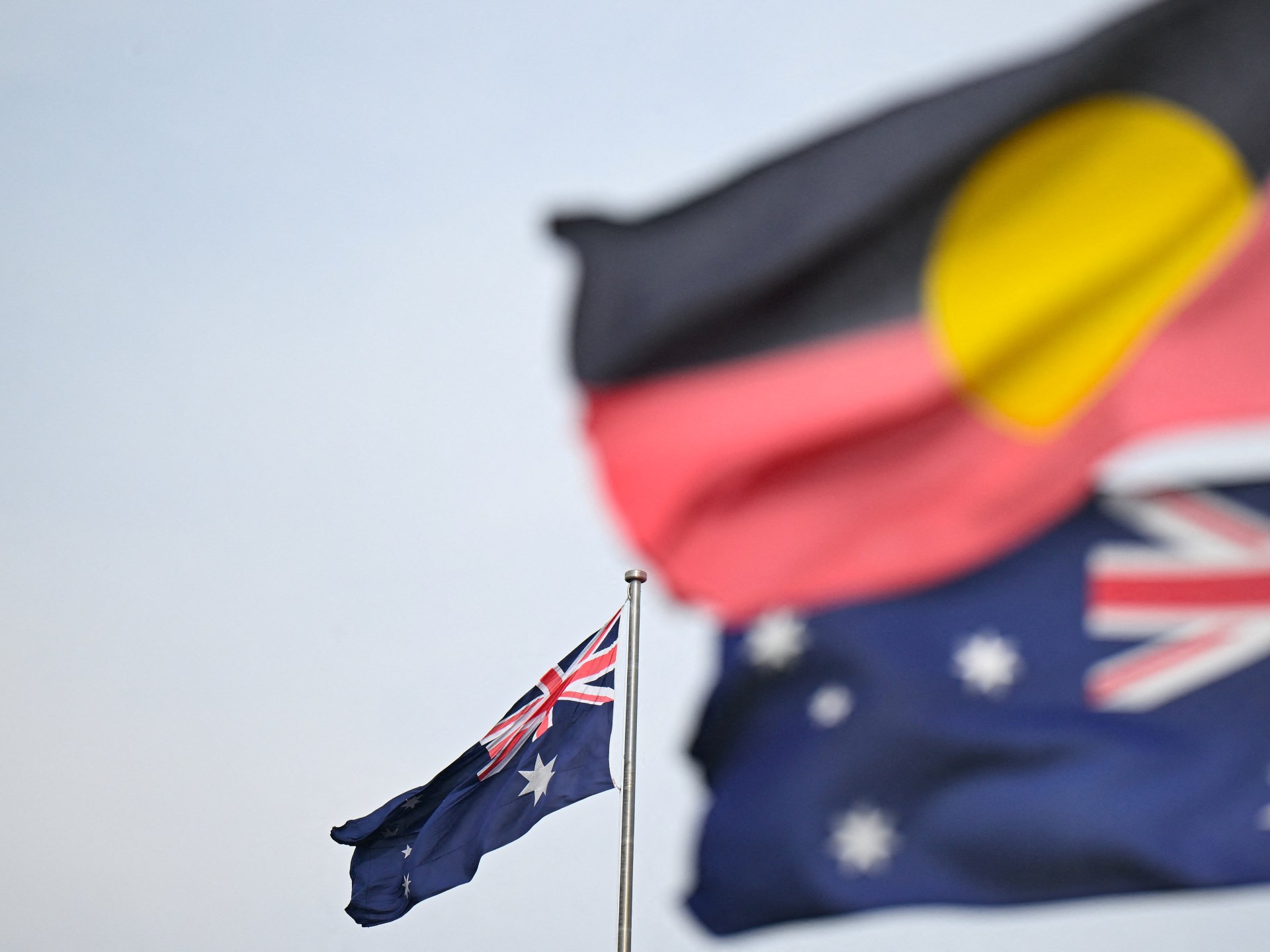Latest polls suggest the only state that backs the proposal to create an Indigenous advisory body and recognise First Nations people in the constitution is Tasmania.
Australia’s referendum on an Indigenous Voice to Parliament looks like it could end in failure after the latest opinion polls showed a further decline in support for the measure just a month before the vote.
The so-called Voice would give Indigenous Australians – whose ancestors have lived on the continent for about 60,000 years – a constitutionally enshrined right to be consulted on laws that affect their communities. They would also be recognised in the constitution for the first time.
But a survey published by the Sydney Morning Herald newspaper on Monday showed national support dropping to 43 percent, from 46 percent in August.
The “No” vote was strongest in Queensland and Western Australia with 61 percent saying they would reject the referendum, but the survey showed voters in New South Wales and Victoria, Australia’s most populous states, also moving against it. Tasmania was the only state with a majority in favour.
Support has been declining for the past five months.
The proposal is a signature policy of Prime Minister Anthony Albanese but his government has struggled to convince Australians of its merits amid confusion over what the Voice means and division even among Indigenous people about whether it is the best way to tackle the myriad problems facing the community.
Making up only about three percent of the overall population, Indigenous Australians continue to experience severe inequalities, including lower life expectancy and, in some areas, endemic poverty. Indigenous people are also more likely to be jailed.
‘The sort of country we can be’
The referendum is set for October 14 and voting is compulsory. Albanese confirmed the date just two weeks ago.
Immigration, Citizenship and Multicultural Affairs Minister Andrew Giles said the opinion polls did not reflect his experience on the ground.
“There’s a long way to go, but my focus is on persuading people about the critical opportunities we have to make a real difference to lives of First Nations peoples, but more profoundly even than that, to make a difference to the sort of country we can be,” he was quoted in the Herald as telling reporters in Canberra.
Campaign group Yes23 said that the Voice had the backing of “more than 80 percent” of Indigenous Australians.
“The Voice isn’t new, it’s been decades in the making. The idea came directly from Indigenous communities, not politicians,” the group said on Monday.
Campaigning has also been hit by disinformation – often from the political right – as well as a spike in racist commentary on social media.
To succeed, the referendum will need a majority of votes nationally as well as a majority in at least four of the six states.
Since Australian independence in 1901, only eight of the 44 proposals for constitutional change have been approved.
